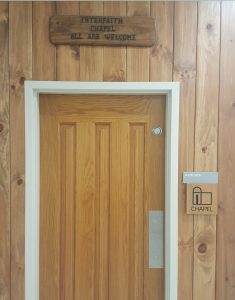
How does one choose a “good” religion?
Over the years I’ve heard many detailed explanations for why one should choose a specific religion, but far fewer attempts to provide a framework for choosing a religion.
In Tough Questions, Honest Answers: Faith and Religion for 21st Century Explorers (Fortress Press, 2020), Cameron Harder devotes a chapter to the question “How do we choose a “good” religion.” After sharing about his research and noting his personal bias that “the community be sustainable and life-affirming,” he proposes five criteria:
- Is the religion modest about its truth claims?
- Does the religion actually work?
- Do members take their religion seriously?
- Does the religion “update its apps”?
- Is the religion open to God, the neighbor, and the future?
So What?
Like Harder, I was raised in a denomination my parents chose for themselves and, by default, for me. And, like Harder, I’ve continued my involvement in that denomination to the present day.
Unlike Harder, I’ve also spent considerable time away from that denomination. Additionally, I spent nearly a decade thinking about this topic from a broader perspective while teaching world religions to undergraduate students. (Harder, however, is a true academic, and is more engaged in theological education, serving as Professor of Systematic Theology Lutheran Theological Seminary Saskatoon since 1997).
Harder’s framework for choosing a “good” religion is helpful to individuals who may currently fall in the category of none as well as for people who have a religion but are questioning if it is right for them now and for who they hope to become. And, it is helpful for those who lead communities of faith. Such leaders will benefit from assessing how their local congregation and the larger network or denomination of which it is a part do on each of the five criteria.
I’d welcome hearing a bit about your journey to choose a religion. Feel free to reflect on it in light of Harder’s criteria.